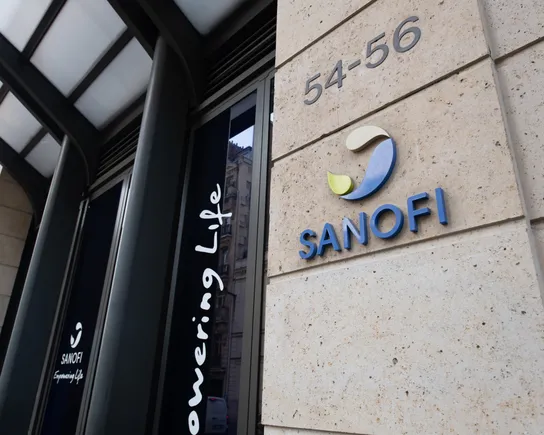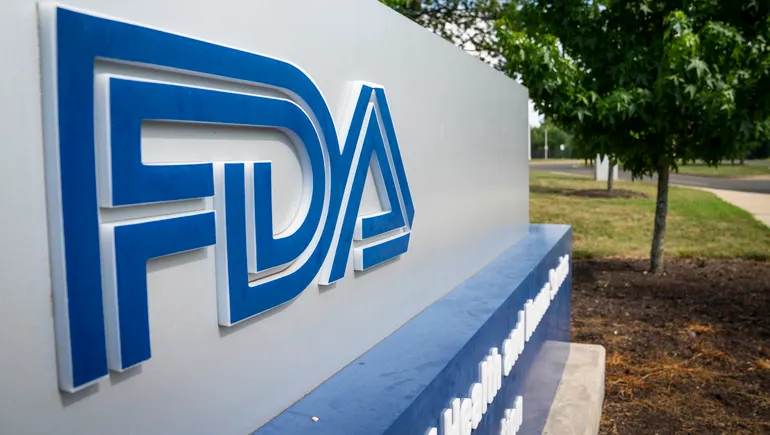Sanofi earnings boosted by Beyfortus, earlier vaccine sales


Sanofi reported a 25% boost in sales for its vaccines division during the third quarter, helped by earlier-than-anticipated orders of its flu shots as well as rising revenue from Beyfortus, its RSV antibody for infants.
Announcing earnings Friday, the French pharmaceutical company said Beyfortus sales were 645 million euros, or about $700 million. Overall, Sanofi’s vaccines unit brought in about 3.8 billion euros, driving total company sales to $13.4 billion.
The company’s performance beat Wall Street expectations, pushing its share price higher in Friday trading on French and U.S. stock exchanges.
“We reached almost 16% sales growth in the third quarter, illustrating the underlying strength of our portfolio,” said Sanofi CEO Paul Hudson, in a statement. “Our performance was boosted by the phasing of flu and Beyfortus, he added.
Beyfortus is approved in the U.S. to prevent disease from respiratory syncytial virus infections in infants up to 24 months old who are entering their first RSV season, or who remain vulnerable during their second season. The antibody drug was approved last summer.
Recently, Sanofi and its partner AstraZeneca gained regulatory approval for a new manufacturing line to expand supply of the shot Beyfortus. The companies had struggled to keep up with supply during Beyfortus’ first season on the market, as higher-than-expected demand led to a shortage of its 100 milligram dose for infants weighing 11 pounds or more. The Centers for Disease Control and Prevention responded by recommending doses be prioritized for high-risk infants, and encouraged women who were pregnant to receive Pfizer’s RSV vaccine Abrysvo, if eligible.
Sanofi has said it expects the increased Beyfortus capacity to support access to the drug for every eligible baby in the U.S.
The only other available treatment for RSV prevention in infants is the antibody Synagis, but use of that drug is limited to certain high-risk infants. Merck & Co. could soon bring to market another competing antibody called clesrovimab, which it aims to make available for the 2025-2026 RSV season, if approved.
The typical RSV season begins in fall and lasts through the winter in the U.S.
This post has been syndicated from a third-party source. View the original article here.




